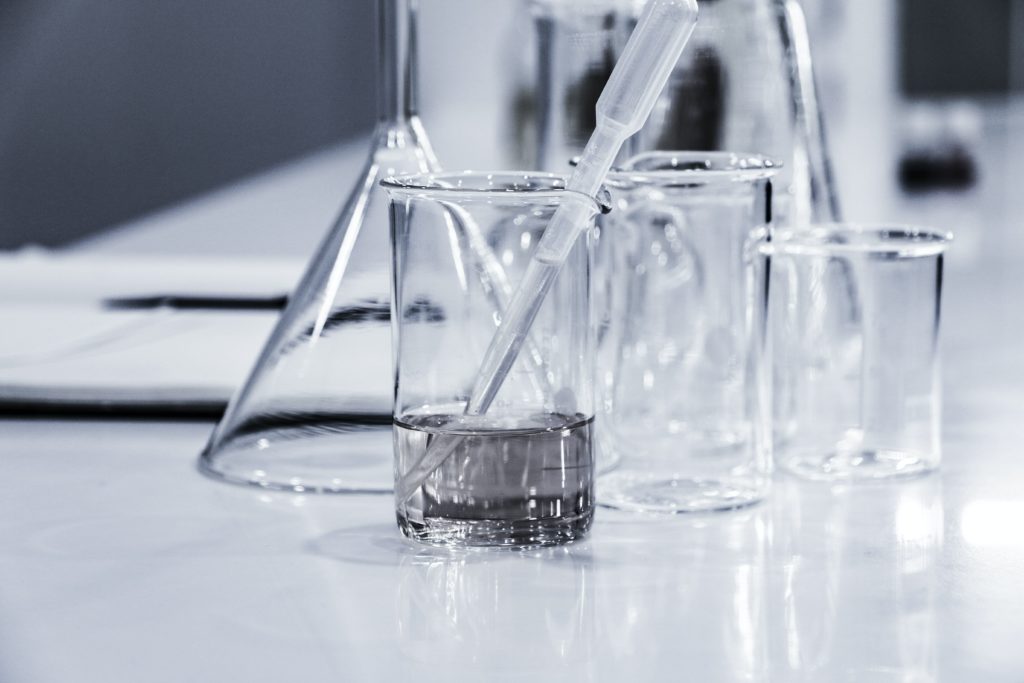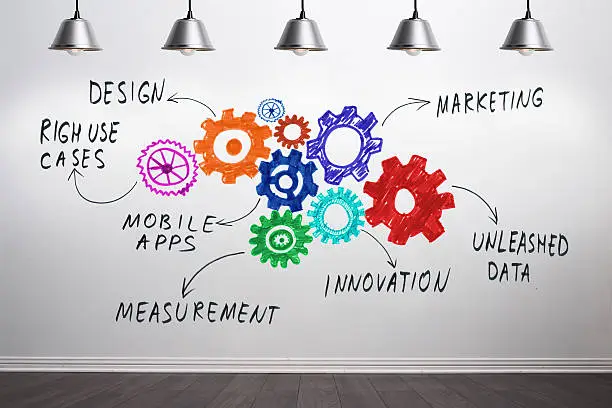Each clever treatment or fix starts with a solitary idea. Having a strong and effective licensed innovation design might assist with safeguarding that idea. In today’s fast-paced world, the drug business is one of the evergreen areas. Intellectual property (IP) is certainly the most important asset in a drug firm and is urgent to its future achievement. IP fills in as the establishment for the improvement of novel medicines and drugs. Since Latvia is part of the European Union, all European regulations overseeing the security of licensed innovation for drug organizations likewise apply to Latvian drug ventures.

Pharmaceutical intellectual property
The framework ensures research firms developing new medications that their products will be protected from unfair competition upon market entry for a specific duration. This is what they need to invest in the lengthy, difficult, dangerous, and expensive process of bringing new medications to patients, healthcare systems, and society. It aids businesses in transforming concepts into things that fulfill unmet medical needs, enhance the quality of life for patients and their families, provide value, and lead to employment. Funding driven by this fosters IP protection, know-how retention for medicine development, and further research for transformative medical advancements, enhancing lives.
Patents
The primary incentive supporting the development of novel drugs is patents. It was created to provide all inventors, regardless of technological sector, a brief window of exclusivity to commercialize their inventions. This was done to encourage investment in the advancement of research and technology. Only fresh, innovative ideas that can be put to use in the industrial realm are eligible for patent protection. For a short time—i.e., as soon as research indicates potential—a patent gives the owner the right to prevent others from financially exploiting their innovation. This privilege lasts for 20 years from the date of filing. The creator must divulge the specifics of the creation as payment for exclusivity, which helps to spread information about science and technology and speed up subsequent innovation.
Supplementary protection certificates (SPCs)
Unlike other sectors, the pharmaceutical industry allocates nearly half of its 20-year patent period for rigorous clinical studies, ensuring a drug’s effectiveness and safety before patient access. To compensate for this limitation, the EU implemented supplementary protection certificates (SPCs) to extend patent terms and sustain funding for future biopharmaceutical research and development. In actuality, the SPC restores a portion of the patent’s protection for up to 5 years (to be evaluated on a case-by-case basis). However, the overall duration of the combined/total patent and SPC protection from the marketing authorization cannot exceed 15 years.
Regulatory data protection (RDP)
Pharmaceutical firms must provide substantial data from preclinical and clinical studies to receive marketing authorization. This data must show the quality, effectiveness, and safety of the proposed medication. Regulatory data protection (RDP), which begins with marketing authorization, safeguards creative enterprises’ investment in creating this substantial body of data. Following the RDP period, generics are allowed to use the original manufacturer’s data to submit an “abbreviated” application to have their goods approved. Such time-limited protection motivates substantial investment to verify new drugs’ efficacy and safety while enabling other firms to register their products using this data.
The European legislature specifically created RDP in the following ways
The marketing authorization holder has the exclusive rights to the data for 8 years throughout this time. To justify its marketing authorization, a generic or biosimilar applicant cannot cross-reference this information. After this time, anybody may rely on the information provided by the inventor in the “abbreviated” marketing authorization application. After then, a generic or biosimilar product cannot be offered for two years due to market protection. The data body may be used by a generic or biosimilar business to create its marketing authorization dossier. In the event of a novel therapeutic indication that offers a substantial clinical advantage in contrast to current medicines, an extra year of market protection may be offered. Following the aforementioned, a marketing authorization dossier may be created, but the generic or biosimilar product may not be sold.
You can also find these articles helpful
Start a Health Care Industry Business in Latvia
Start a Software industry business in Latvia
Starting a food industry business in Latvia







